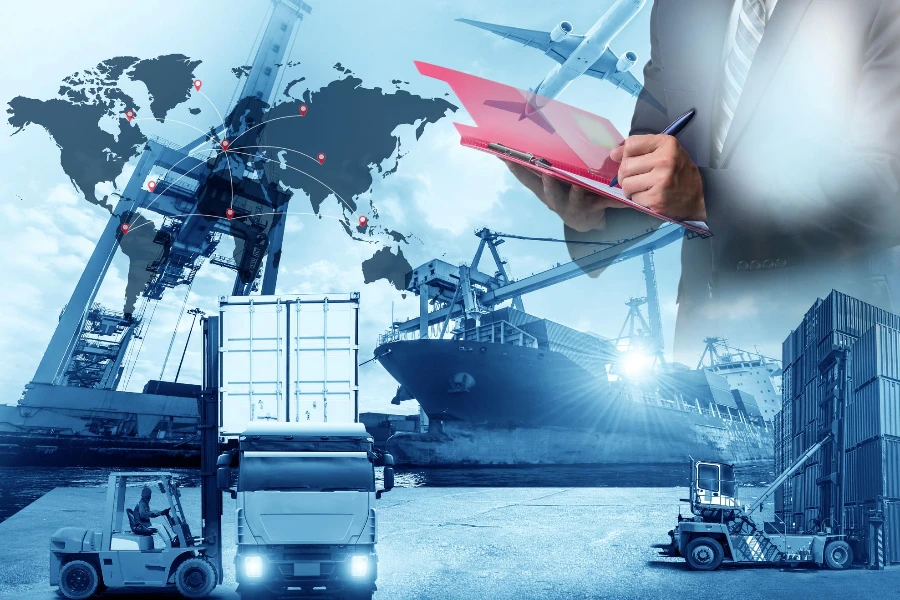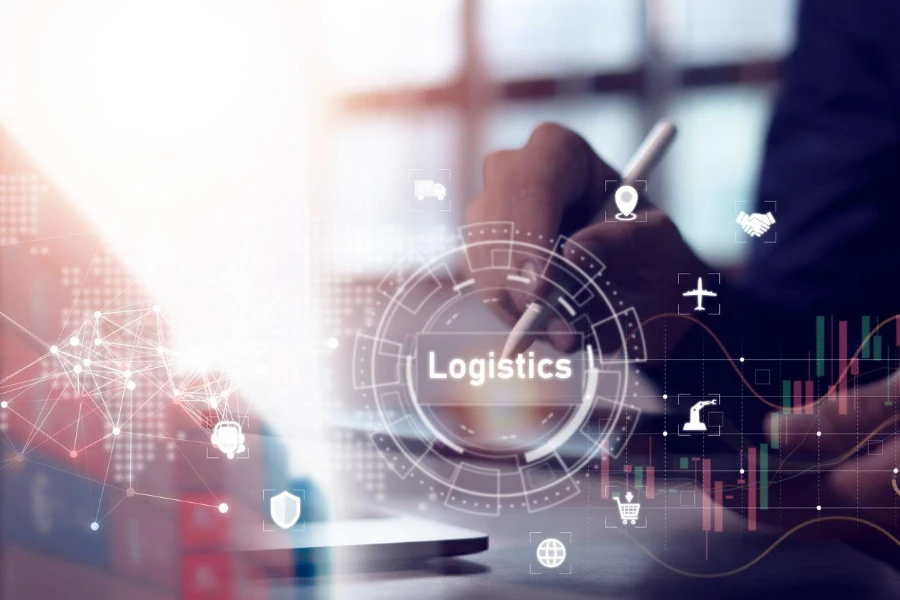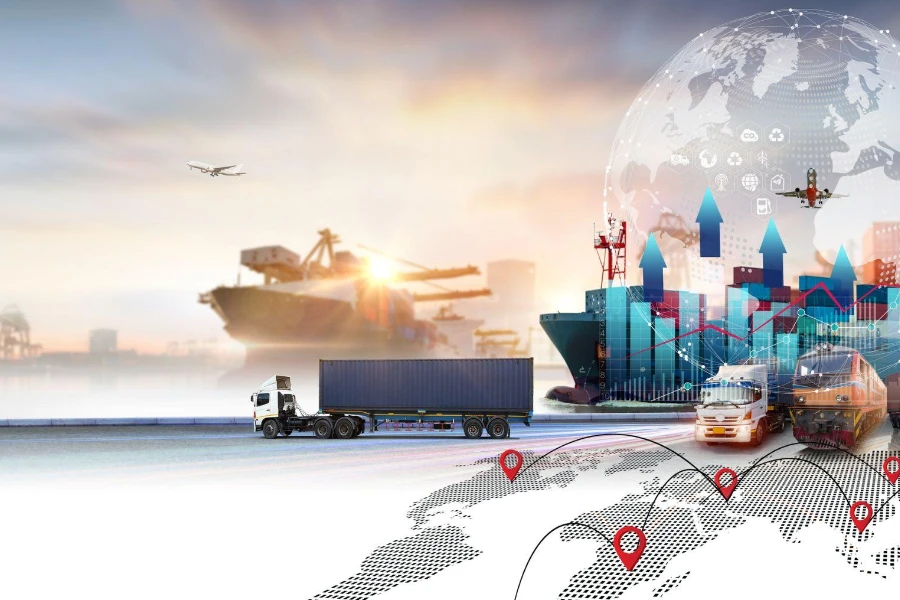The global trade ecosystem is a vast network, connecting countries, industries, and markets in an intricate web of transactions. At the heart of this network are the importers and exporters, the key players who move goods across borders, navigating complex regulations, market demands, and logistical challenges. This article delves into what it means to be an importer/exporter, shedding light on the roles, responsibilities, and strategies that define success in this field. Whether you’re a seasoned professional or new to the trade, understanding these elements is crucial in the ever-evolving landscape of international commerce.
Table of Contents:
– Understanding the role of an importer/exporter
– Key responsibilities in import/export operations
– Overcoming challenges in global trade
– Strategies for successful import/export business
– Future trends in import/export
Understanding the role of an importer/exporter

Importers and exporters are the linchpins of international trade. They are responsible for moving goods from one country to another, ensuring that products reach their destinations efficiently and legally. This involves a deep understanding of both the supply and demand sides of their markets, as well as the regulations that govern trade across borders. Importers bring goods into a country to sell them within domestic markets, while exporters send goods to foreign buyers, expanding their market reach beyond national borders.
The role of an importer/exporter is multifaceted. They must be adept in sourcing products, negotiating contracts, managing logistics, and navigating the legal and regulatory requirements of different countries. This requires a blend of market knowledge, negotiation skills, and an understanding of international law and customs procedures. Moreover, successful importers and exporters build strong relationships with suppliers, logistics providers, and customers, which are crucial for long-term success.
Key responsibilities in import/export operations

The day-to-day operations of importers and exporters involve a series of critical tasks that ensure the smooth flow of goods across borders. First and foremost, they must identify reliable suppliers or buyers in foreign markets. This involves researching market trends, vetting potential partners, and negotiating terms that are favorable yet fair. Following this, importers and exporters must arrange for the transportation of goods, selecting the most efficient and cost-effective shipping methods.
Another key responsibility is compliance with legal and regulatory requirements. This includes obtaining the necessary licenses and permits for importing or exporting goods, as well as ensuring that all documentation is accurate and complete. Failure to comply with these regulations can result in delays, fines, or even the seizure of goods, making compliance a top priority for anyone in this role.
Overcoming challenges in global trade

Importers and exporters face numerous challenges in their operations. These range from fluctuating exchange rates and trade tariffs to cultural and language barriers that can complicate negotiations. Additionally, the global trade environment is constantly changing, with new regulations and trade agreements frequently coming into effect.
To overcome these challenges, importers and exporters must stay informed about global market trends and regulatory changes. This requires ongoing education and networking within the industry. Furthermore, leveraging technology can streamline operations, improve compliance, and enhance communication with partners around the world. By adopting a proactive and informed approach, importers and exporters can navigate these challenges more effectively.
Strategies for successful import/export business

Success in the import/export business doesn’t come overnight. It requires strategic planning, perseverance, and adaptability. One key strategy is to specialize in specific markets or products. This allows importers and exporters to build expertise and establish themselves as trusted partners in their niche. Additionally, diversifying suppliers and buyers can mitigate risks associated with reliance on a single market or partner.
Building strong relationships is another critical strategy. This involves regular communication, transparent dealings, and a commitment to delivering on promises. Finally, leveraging technology for market research, logistics management, and regulatory compliance can provide a competitive edge. By implementing these strategies, importers and exporters can position themselves for long-term success in the global market.
Future trends in import/export

The import/export industry is poised for significant changes, driven by technological advancements, shifting trade policies, and evolving consumer preferences. E-commerce is set to play a larger role, enabling smaller businesses to participate in international trade more easily. Additionally, sustainability and ethical sourcing are becoming increasingly important, influencing buyer choices and trade agreements.
Staying ahead of these trends requires importers and exporters to be flexible and forward-thinking. Embracing innovation, prioritizing sustainability, and adapting to new market demands will be key to thriving in the future of global trade.
Conclusion:
The role of an importer/exporter is crucial in the global trade ecosystem, filled with opportunities and challenges. Understanding the responsibilities, overcoming obstacles, and implementing effective strategies are essential for success. As the industry evolves, staying informed and adaptable will enable importers and exporters to navigate the future of international commerce confidently.





 Afrikaans
Afrikaans አማርኛ
አማርኛ العربية
العربية বাংলা
বাংলা Nederlands
Nederlands English
English Français
Français Deutsch
Deutsch हिन्दी
हिन्दी Bahasa Indonesia
Bahasa Indonesia Italiano
Italiano 日本語
日本語 한국어
한국어 Bahasa Melayu
Bahasa Melayu മലയാളം
മലയാളം پښتو
پښتو فارسی
فارسی Polski
Polski Português
Português Русский
Русский Español
Español Kiswahili
Kiswahili ไทย
ไทย Türkçe
Türkçe اردو
اردو Tiếng Việt
Tiếng Việt isiXhosa
isiXhosa Zulu
Zulu